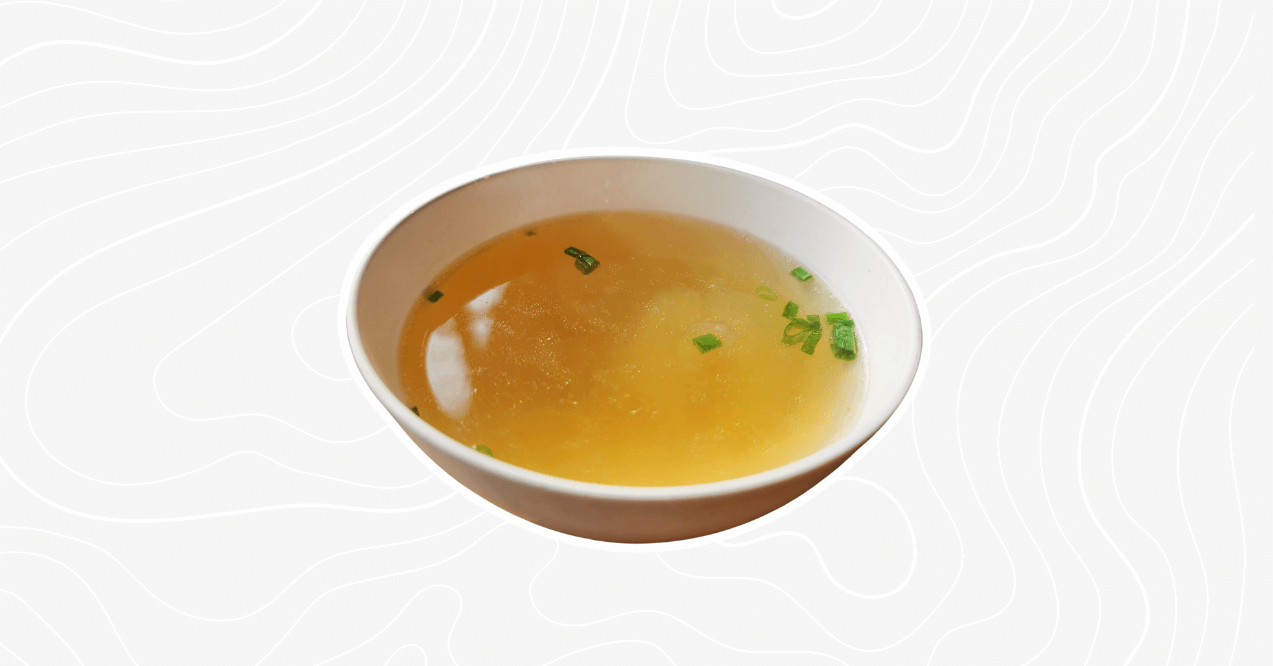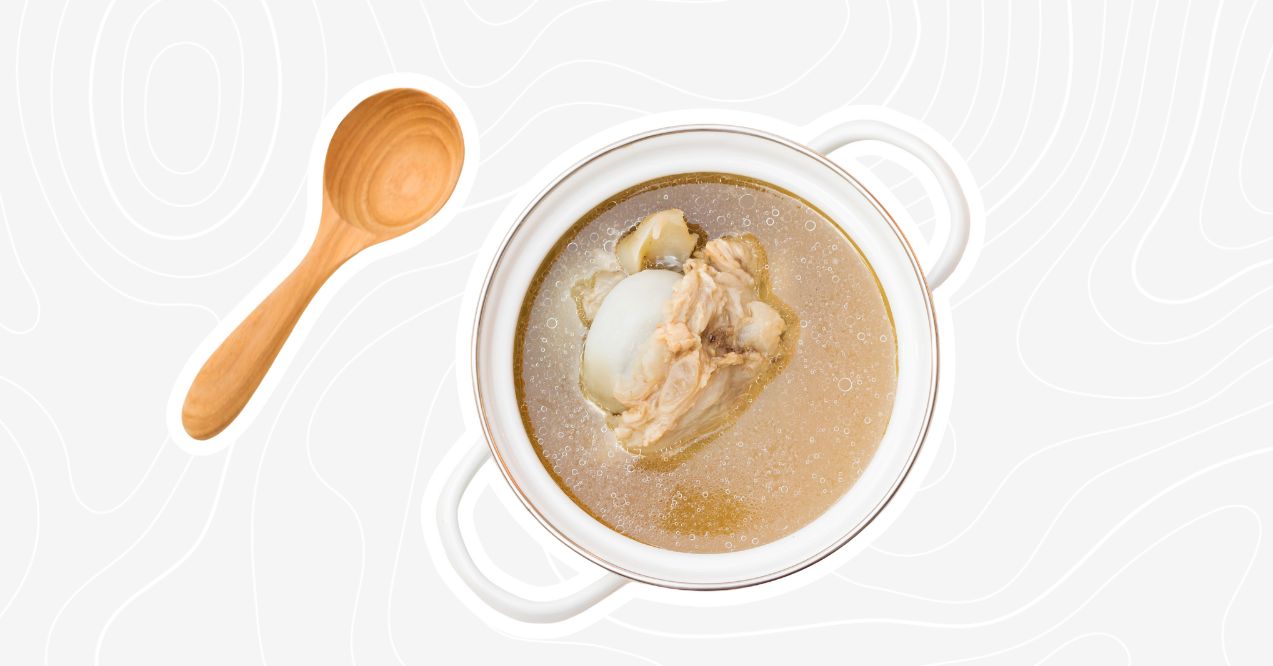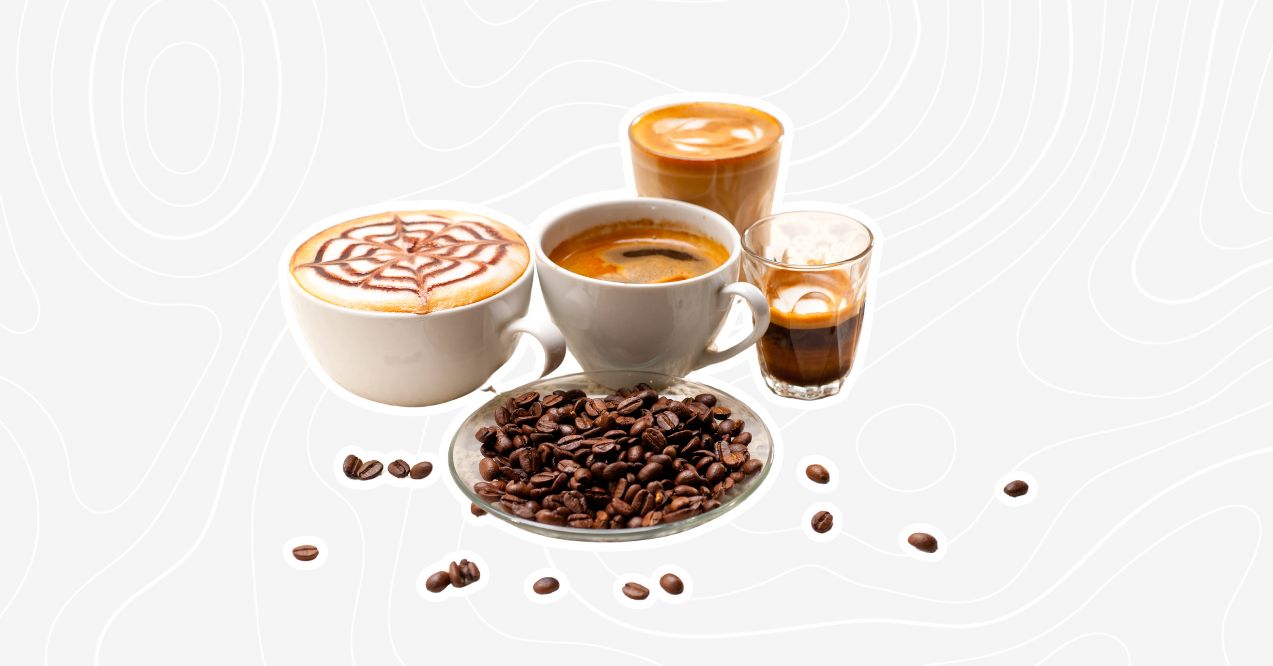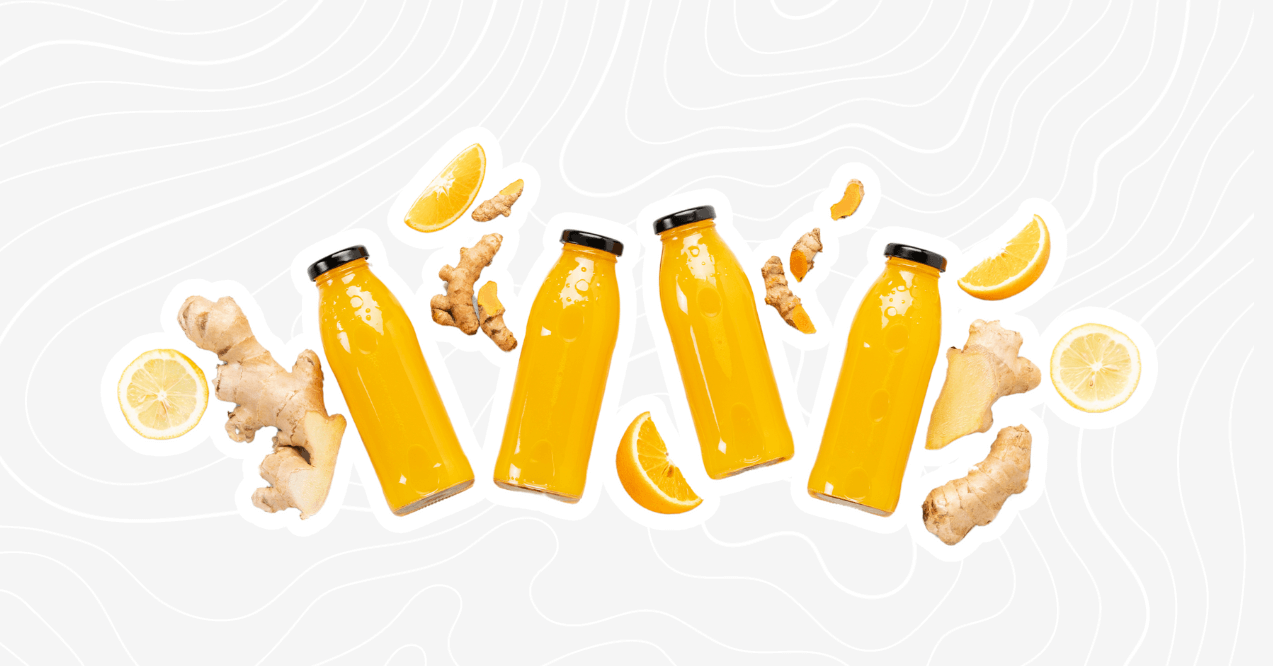5 Simple and Healthy Smoothie Recipes to Kickstart Your Day
Looking for a healthy and delicious way to start your day or refuel after a workout? Smoothies are the perfect solution, offering a quick, nutrient-packed option that’s both satisfying and energizing. Whether you’re craving something light like a pineapple and greens detox drink recipe, delicious greens for smoothies or looking for an energy boost with an acai energy bowl recipe, smoothies have you covered.
For those focused on post-workout recovery, incorporating a Smoothie Recipe for Muscle Recovery can help replenish essential nutrients and support muscle repair. In this post, we’re sharing five versatile smoothie recipes, from fruity favorites to more adventurous blends. Grab your blender, and let’s get started!

Health Benefits of Smoothies
Smoothies are a convenient and delicious way to pack essential nutrients into your daily diet. Loaded with fruits, vegetables, and other nutrient-dense ingredients, they provide a great source of vitamins, minerals, and antioxidants that support overall health. The high fiber content from fruits and veggies helps promote digestion and maintain healthy blood sugar levels, while ingredients like spinach or kale add an extra dose of iron and calcium.
Adding healthy fats such as avocado or flaxseeds can also improve heart health and keep you feeling fuller longer. Smoothies are also hydrating, especially when made with water or plant-based milk, which supports skin health and energy levels. Whether you need a quick breakfast or a post-workout recovery drink, smoothies offer a customizable, nutrient-rich option that can help support your wellness goals.
Mixed Berry Smoothie
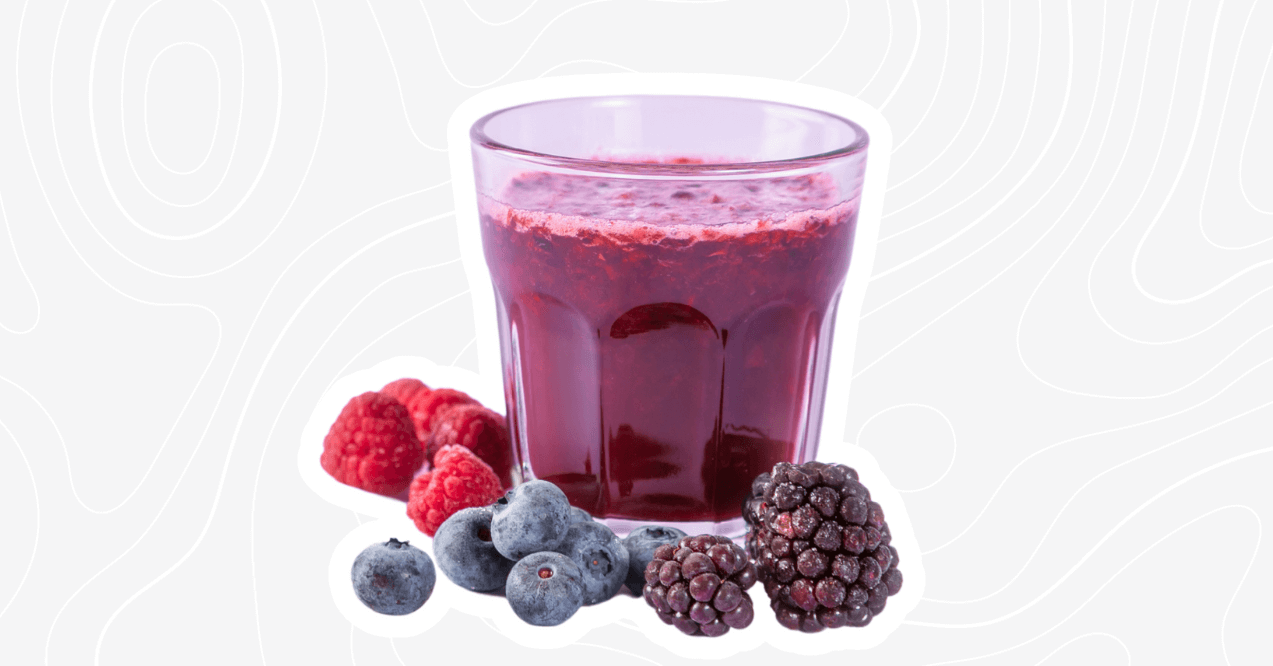
Ingredients
- 150 g mixed berries (strawberries, blueberries, blackberries, raspberries)
- 100 g banana, sliced (about one medium banana)
- 240 ml (8 oz) unsweetened almond milk
- 15 g ground flaxseeds (1 tbsp)
- 15 ml (0.5 oz) honey or maple syrup (optional, for sweetness)
- 120 g ice cubes (or as needed)
Optional Toppings
- Fresh berries
- Hazelnuts
- Granola
Directions
- Wash all the berries thoroughly and remove any stems or leaves.
- Place the mixed berries, sliced banana, almond milk, ground flaxseeds, and honey (if using) into a blender.
- Add the ice cubes to the blender.
- Blend on high speed until smooth and creamy.
- If the smoothie is too thick, add a little more almond milk to reach your desired consistency.
- Taste and adjust the sweetness if needed.
- Serve the smoothie immediately, garnished with a few whole berries and a sprinkle of ground flaxseed on top.
Mushroom Coffee Smoothie

Ingredients
- 1 medium banana (about 120 g)
- 1 pack of trumeta mushroom coffee (optional)
- 10 g (2 tbsp) cacao powder
- 15 ml (1 tbsp) honey or maple syrup (optional, for sweetness)
- 100 ml (3.4 oz) almond milk or milk of your choice
- A handful of ice cubes
Toppings
- Sliced banana
- Cacao nibs
- Goji berries
Directions
- Peel and slice the banana. Freeze the slices for at least an hour before use for a thicker smoothie texture.
- In a blender, combine the frozen banana slices, trumeta mushroom coffee, cacao powder, and honey or maple syrup (if using).
- Add the almond milk and ice cubes. Blend on high until smooth and creamy.
- Pour the smoothie into a glass and garnish with additional banana slices, a sprinkle of cacao nibs, and goji berries.
- Serve immediately with a straw and enjoy!
Acai Smoothie
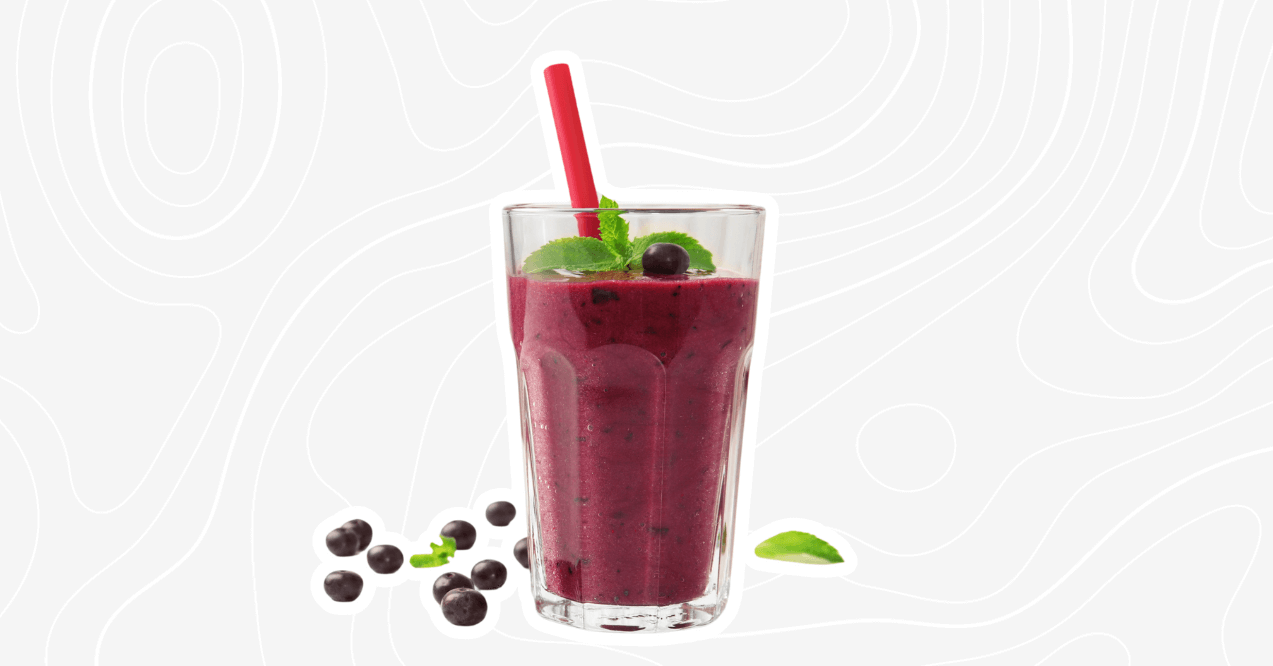
Ingredients
For the Acai Layer:
- 100 g acai puree (frozen or fresh)
- 1/2 cup fresh blueberries
- 1/2 banana (preferably ripe)
- 120 ml (4 oz) unsweetened almond milk
For the Chia Layer:
- 3 tbsp chia seeds
- 240 ml (8 oz) unsweetened almond milk
- Stevia or monk fruit sweetener (optional)
Toppings
- Fresh blueberries
- Fresh blackberries
- Mint leaves
Directions
Chia Layer:
- In a mixing bowl, combine the chia seeds with almond milk. Stir well.
- Let it sit for about 20 minutes or until the mixture becomes gel-like. You can also prepare this the night before and refrigerate.
- Once set, add sweetener if desired, and give it a good mix.
Acai Layer:
- In a blender, combine the acai puree, blueberries, banana, almond milk, and sweetener (if using). Blend until smooth.
Assembly:
- Take a glass or jar. Start by adding a layer of the chia seed mixture.
- Carefully pour the acai blend over the chia layer.
- Add blueberries, blackberries, and garnish with a mint leaf on top.
Beet Smoothie
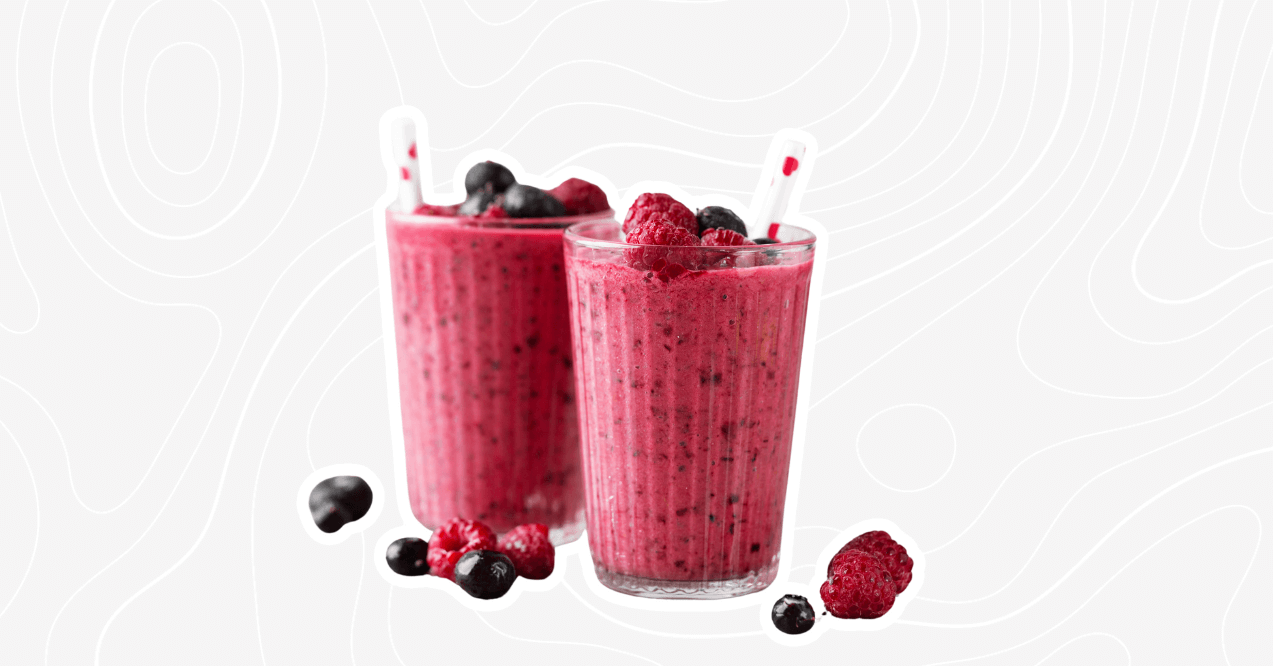
Ingredients
- 100 g raw beets, peeled and chopped
- 100 g fresh apple, cored and chopped
- 30 g fresh spinach leaves
- 10 g fresh ginger, grated
- 30 ml (1 oz) lemon juice
- 250 ml (8.4 oz) cold water
- Ice cubes (optional)
Directions
- Prepare your ingredients by washing them thoroughly.
- Peel and chop the beets and apples, and grate the ginger.
- Place the beets, apples, spinach, and ginger into a blender.
- Squeeze in the fresh lemon juice for some zest and vitamin C.
- Add cold water to help the ingredients blend smoothly.
- If you prefer a colder drink, add ice cubes as well.
- Blend on high until all the components are fully combined and the smoothie has a smooth consistency.
- Taste and add more lemon juice or ginger if needed for an extra kick.
Berry Smoothie
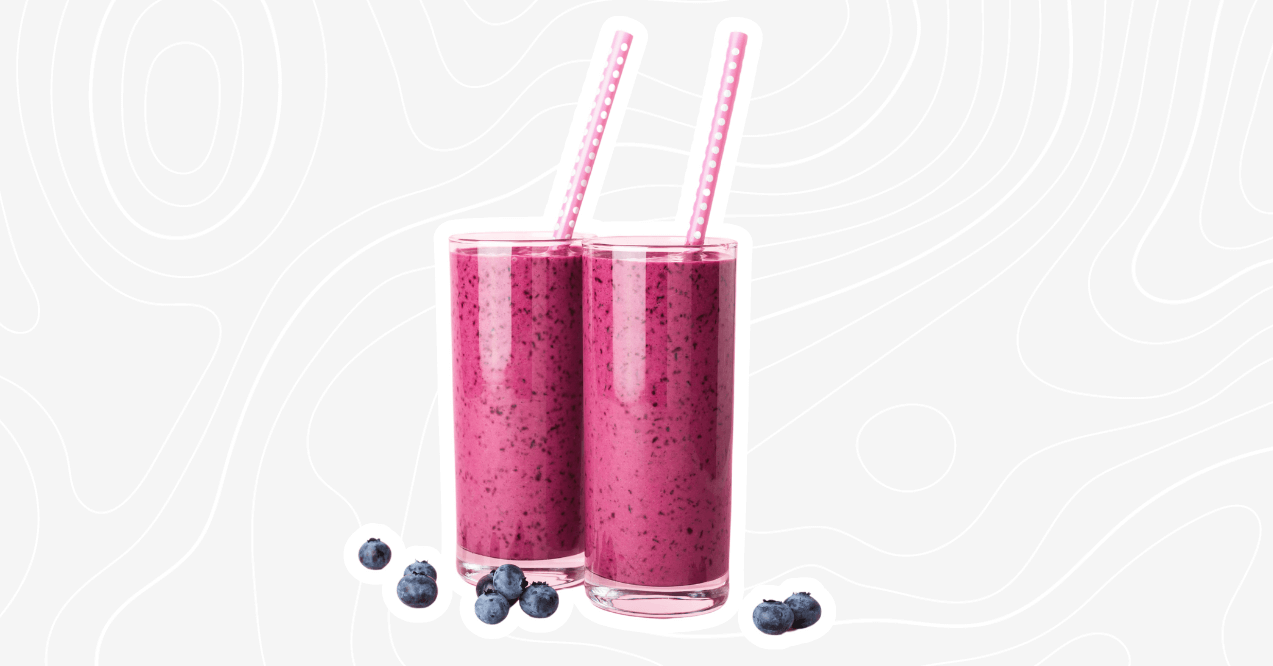
Ingredients
- 150 g mixed berries (strawberries, blueberries, raspberries)
- 1 medium banana (approximately 120 g)
- 120 ml (4 oz) almond milk (or any milk of your choice)
- 150 g Greek yogurt (for added protein and creaminess)
- A handful of spinach leaves (about 30 g for a nutritional boost)
- 1 tbsp honey (optional, for sweetness)
Toppings
- A few almonds and a sprinkle of granola (about 10 grams of each)
- Fresh mint leaves
Directions
- Place the mixed berries, banana, spinach, and ice cubes in the blender.
- Pour in the almond milk and add the Greek yogurt.
- If you prefer a sweeter smoothie, add the honey.
- Blend on high speed until smooth and creamy.
- Taste and adjust the sweetness, if necessary.
- Pour the smoothie into glasses.
- Garnish with fresh berries, a sprinkle of granola, almonds, and mint leaves.
How to Customize Your Smoothies
Customizing your smoothies is easy and fun. Start by swapping out ingredients based on your dietary needs or taste preferences. If you’re looking for a dairy-free option, replace regular milk or yogurt with plant-based alternatives like almond or oat milk. Want more protein? Add a scoop of protein powder, Greek yogurt, or a handful of nuts. For an extra boost of greens, toss in spinach or kale without impacting the flavor too much. You can also adjust sweetness by adding natural sweeteners like honey or skipping them entirely for a more refreshing taste.
Additionally, for those looking to enhance their smoothies with a healthy twist, consider adding nutritious blends from trumeta. From metabolic reds to metabolic greens and mushroom coffee, all of them can be seamlessly mixed into any smoothie to enhance the nutritional profile. Don’t be afraid to experiment – smoothies are versatile and can be tailored to fit your nutritional goals!
Yes, you can prepare smoothies in advance by storing them in an airtight container in the fridge for up to 24 hours. For best freshness, give them a good shake or stir before drinking.
To boost protein, you can add Greek yogurt, a scoop of protein powder, chia seeds, or nut butter. These will make the smoothie more filling and nutritious.
For a thicker smoothie, use frozen fruits or add ingredients like avocado, Greek yogurt, or ice cubes. You can also reduce the amount of liquid to reach your desired texture.
Advertisement. This site offers health, wellness, fitness and nutritional information and is designed for educational purposes only. You should not rely on this information as a substitute for professional medical advice, diagnosis, or treatment. If you have any concerns or questions about your health, you should always consult with a physician or other health-care professional. Do not disregard, avoid or delay obtaining medical or health related advice from your health-care professional because of something you May have read on this site. The use of any information provided on this site is solely at your own risk.
Advertisement. This site offers health, wellness, fitness and nutritional information and is designed for educational purposes only. You should not rely on this information as a substitute for, nor does it replace, professional medical advice, diagnosis, or treatment. If you have any concerns or questions about your health, you should always consult with a physician or other health-care professional. Do not disregard, avoid or delay obtaining medical or health related advice from your health-care professional because of something you may have read on this site. The use of any information provided on this site is solely at your own risk.
